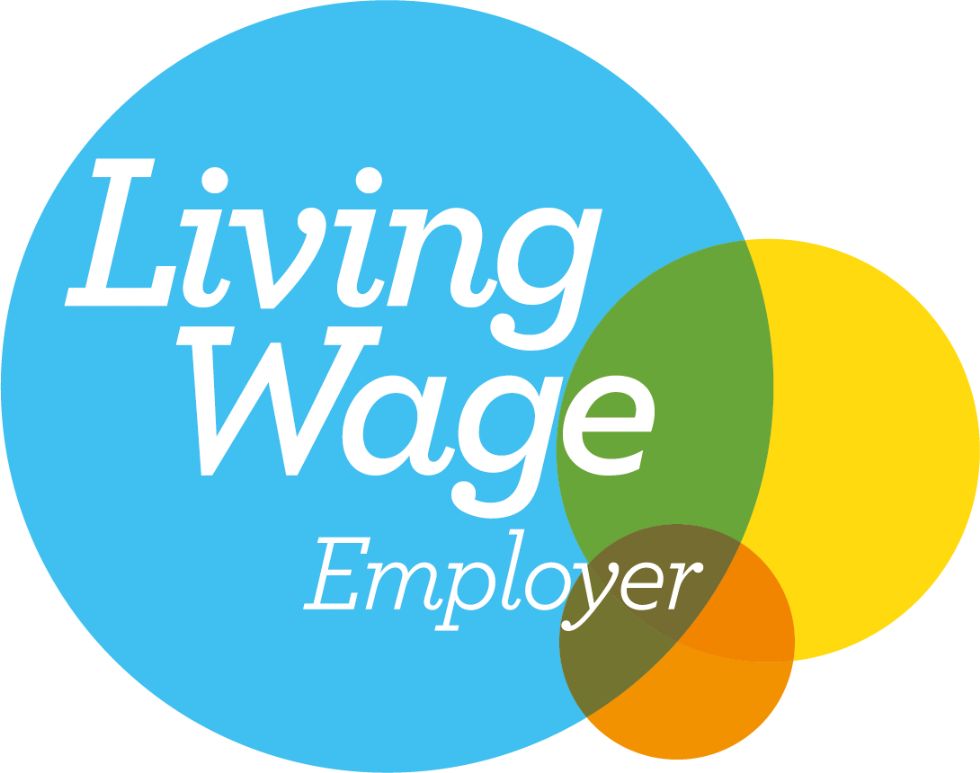Settling in
Jump to:
- Your 3 settling in visits
- Who starts when
- What we do and what you can do to help your child to settle in
- nappies
- attendance
1. Your 3 settling in visits
All children have at least 3 settling in visits where you stay and play together before they can start nursery school. How your child settles will determine how long they stay by themselves, and whether you need to stay for more than 3.
When you have filled in the Admissions form and the All About Me form we will email you telling you who your child's Key Person will be and inviting you and your child to your first settling in visit. Please bring:
- your diary
- a formal identification document for your child (birth certificate, passport or other)
- 2 proofs of your address, e.g. Council Tax bill, water bill, benefits statement.
At this first visit we agree the dates of 2 more settling in visits where you stay. At one of these visits we will ask you to check, correct and sign 2 forms:
- the formal declaration which allows us to receive the money to pay for your child's education
- a pink Family Information Form: the information you have given us online.
Also at one of these visits, you will meet your child's Key Person, start to get to know each other, and find out your child's Start Date ( the date from which they will stay by themselves).
2-year-olds do all 3 of their visits in the days just before they start; most 3-year-olds do 2 visits in the summer term and 1 in early September; most 3-year-olds who are going to be staying for long days do all 3 visits in the summer term.
2. Who starts when?
2-year-olds who have been offered a place can start the term after their 2nd birthday, as soon as we have a place. We cannot take a child before they are 2.
The majority of 3-year-olds start at the beginning of the Autumn Term, when we have a phased admission, with several new children starting each day.
The earliest start dates are given to children of working parents and children with disabilities or other additional needs.
3. What we do and what you can do to help your child to settle in
The wellbeing of all our children is of the utmost importance to us, and everyone has an active role to play. This is what you can do and what we will do to help settle your child. Supporting them through this big change in their life emotionally and in practical ways will develop the resilience, physical, and language skills needed to be independent and communicate with others at nursery.
What you can do
When you arrive
- If you are staying, sign in, collect and wear a badge.
- Put away your mobile phone and take off any headphones. Don’t make calls, take photos or videos on nursery school premises.
- Take note of the fire exits and where the fire assembly point is as you go through the garden.
- Tell the staff team if you will need help to leave safely if an emergency happens while you are here.
- Don't arrive more than 5 minutes early for a session.
When you are in school
- Please stay in the garden as much as possible.
- Sanitise your hands regularly.
- Don’t eat, drink or chew gum.
- Ask a member of staff to let you out of the building.
- Tell us if you have had an accident.
- You will be asked to stay for three sessions to settle your child before your child stays without you on their first official day.
Your child’s wellbeing:
How you can help:
- Say positive things about starting nursery: “It’s going to be a great day, I wonder what exciting things you will do?”, “I’m coming back soon, I’m looking forward to that.”
- Talk to their key person about what works for your child; you can also contact them on Class Dojo. Always say goodbye to your child as you leave.
- Build a pre-nursery routine that is calm and not too rushed.
- Acknowledge the feelings they are experiencing: “You feel sad because I’m leaving, but when you’re playing you feel happy.” or “You feel cross when I go, but remember I always come back,” rather than, “You’re ok.”
- Talk about people they like and what has been successful.
How we will help:
- We will build a good relationship with you and your child, and comfort them if they are sad.
- We will always be kind to your child. We will acknowledge their feelings and help them to process their new environment by supporting their play.
- We will communicate with you, particularly if there is a change in behaviour.
Something to remember:
Children settle in different ways. It can take up to six months for a child to feel settled in a new environment. They may appear fine, but this could change. They will express this with a change of behaviour, as they cannot always tell you how they are feeling. With support and time your child will feel secure and behave accordingly.
Your child’s physical development:
How you can help:
- Give your child time to dress themselves, even if it takes longer, so they can manage their own clothes at nursery.
- Stop using a bottle, sippy cup or dummy. Carrying on will affect their speech and tooth development.
- Make meal times a family event. Your child should always feed themselves.
- Walk to nursery, or ride on a scooter. Reduce how long they are in a buggy when you’re out and about.
- Talk about healthy foods. Ensure they eat fruit and vegetables every day.
- Make sure they are in a good toileting routine. Children develop this skill as they grow. Say positive things if accidents happen. Make sure your weekend routine is the same as your weekday routine, changing out of DryNites first thing in the morning.
- Limit screen time so they are not sitting for too long.
- Make sure they have 12 hours' sleep each night by going to bed early.
- Playing to learn can be a messy business. Please dress your child in comfortable clothes that can get dirty.
- On sunny days, put sunscreen on before they come to nursery.
How we will help:
- We will encourage your child to dress themselves, doing up zips and fastening clothes themselves - with support.
- We will use cups at nursery, that are sanitised straight after they are used. We will have an adult-led snack table to help your child feed themselves and try new foods.
- We will plan activities to develop physical skills and teach them to take risks.
- We will support them with using the toilet.
- We will encourage them to play outside as much as possible, being active all day.
- Our Team includes men and women. We all take care of all the children, changing their clothes if they get wet, changing nappies if they need it, comforting them if they are upset.
Your child’s language
How you can help:
- Talk to your child as much as possible: chat about what you are doing as you do it. Talk about what they are doing as they do it.
- Model good listening skills. For example, when you are looking at your phone, look away from the phone screen if they are talking to you and make eye contact with them.
- Model good grammar by repeating what they have said back to them, for example: if they say, “I done my drawing”, you could say “Yes you have finished your drawing."
- Add new vocabulary, for example: if they say ‘bus’, you can say “Yes, a big, red bus.” or if they see a cat you could describe it: “It’s orange and stripy, like a tiger.”
- Use 'open’ phrases as you talk, such as “I wonder what will happen…”, “I wonder what has happened.", “Maybe we could…”
What we will do to help:
- Talk to and listen to your child.
- Use vocabulary slightly beyond their understanding, to teach them new words.
- Introduce new concepts and model this language as they play.
- Make eye contact and model body language when they talk, to teach them the skills of listening.
- Model good vocabulary to them by repeating what they say, using clear English grammar.
- Look for non-verbal communication such as facial expressions or gesturing, and communicate with children in these ways too, especially when children have not yet developed language.
4. Nappies
2-year-olds who are not confident using the toilet should bring their own nappies in a bag which contains nappies, wipes and a change of clothes. The bag lives on their peg. The nappies and wipes will be taken out and put in a box in the Nappy Change area that is labelled with their name. All qualified staff change nappies, following the procedure which is displayed in the Nappy Change areas. This procedure is designed to make sure that nappy changing is relaxed and is a time to promote independence in young children. We work with parents to help their children achieve using the toilet when a child exhibits signs that they are ready.
5. Attendance
Once your child has settled in, if they do not attend regularly the Executive Headteacher will write to you to arrange a meeting to talk about why their attendance is low. If your child still doesn't attend regularly, their place may be offered to another child.






